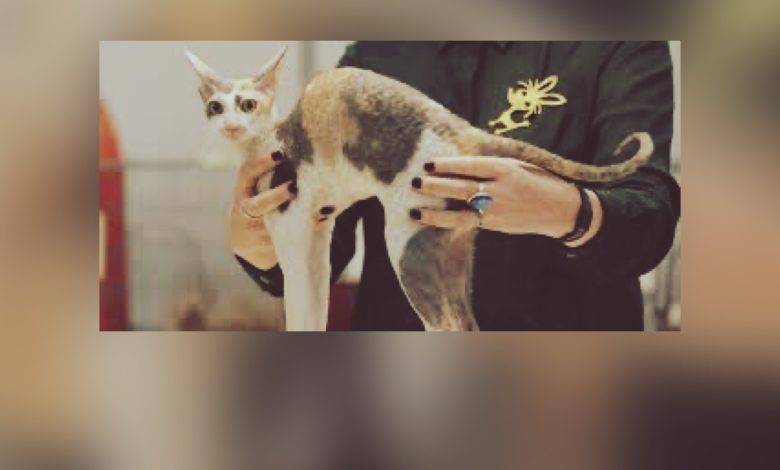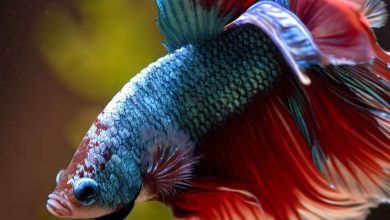How can I help my skinny cat gain weight?

Is your feline friend looking a little too thin for comfort? If you’ve noticed that your cat is struggling to gain weight, you may be wondering how you can help them achieve a healthy and robust physique. Just like humans, cats can face challenges when it comes to maintaining a proper weight. But fear not! With a little knowledge and some simple adjustments, you can provide the support and care needed to help your skinny cat thrive.
In this comprehensive guide, we’ll explore various strategies, nutritional tips, and practical solutions to assist your cat on their weight gain journey. From understanding potential underlying health issues to finding the best high-calorie cat foods, we’ll cover it all. So, let’s dive in and discover how you can transform your skinny cat into a picture of feline perfection!
How can I help my skinny cat gain weight?
There are ways to support your feline friend on their weight gain journey. Start by creating a stress-free environment where they can feel safe and relaxed.
Provide plenty of affection and attention to boost their emotional well-being. Additionally, make sure they have a cozy spot to rest and recharge. When it comes to food, choose high-calorie cat foods that are specially formulated for weight gain. These options are packed with the nutrients your cat needs to bulk up healthily.
Remember, slow and steady wins the race. Gradually introduce the new food into their diet to avoid any tummy troubles. And always ensure a fresh supply of clean water is available.
Also Read: Can Cats Eat Vienna Sausages?
What are the best high-calorie cat foods for weight gain?
Finding the right cat food for weight gain can feel overwhelming with so many options available. Look for high-quality wet food that contains a good balance of nutrients and a higher calorie content.
Check the labels for ingredients like lean proteins, healthy fats, and essential vitamins and minerals. Brands that focus on weight management or offer specific weight gain formulas are worth considering.
You can offer your cat nutrient-dense treats designed to promote weight gain. These treats can serve as a supplement to their regular diet and provide extra calories.
However, be mindful of the portion sizes to prevent overfeeding. Consult with your veterinarian to determine the appropriate amount of treats to give your cat based on their weight gain goals.
Also Read: British Golden Shorthair Cats
Remember, every cat is unique, and what works for one may not work for another. Monitor your cat’s progress, and if you have any concerns or questions, consult with your vet. With patience, love, and the right nutrition, you’ll help your skinny cat thrive and reach a healthy weight.
Are there any nutritional supplements that can aid in weight gain for cats?
Sometimes, cats need a little extra help to pack on the pounds. Nutritional supplements can play a role in supporting weight gain. Consult with your veterinarian to determine if supplements are suitable for your cat and to get recommendations for the best options available.
There are several nutritional supplements formulated specifically for weight gain in cats. These supplements often contain added calories and nutrients to support healthy weight gain.
They can come in the form of powders, pastes, or liquids that can be mixed into your cat’s food or given directly. Always follow the recommended dosage instructions provided by the manufacturer and your veterinarian.
Keep in mind that supplements should not replace a balanced diet. They are meant to complement your cat’s regular meals and provide additional support. Regular monitoring of your cat’s weight and overall well-being is important to ensure that the supplements are having the desired effect. If you have any concerns or notice any adverse reactions, consult your vet for further guidance.
How often and how much should I feed my skinny cat to promote weight gain?
Feeding frequency and portion control are crucial when it comes to helping your skinny cat gain weight. Instead of free-feeding, establish a consistent feeding schedule. Divide their daily food intake into several small meals throughout the day, allowing them to eat at regular intervals.
Consult with your veterinarian to determine the appropriate amount of food to feed your cat based on its current weight, target weight, and activity level.
It’s important not to overfeed or underfeed your cat, as both can have negative consequences. Measure out the recommended portion sizes and adjust as necessary to achieve gradual and healthy weight gain.
Observe your cat’s behavior during mealtimes. If they seem hungry and finish their food quickly, consider providing slightly larger portions.
On the other hand, if they consistently leave food behind, try smaller, more frequent meals to entice their appetite. Pay attention to your cat’s body condition and consult your vet regularly to ensure you are on the right track.
Remember, weight gain is a gradual process, and patience is key. Avoid sudden increases in food portions, as this can lead to digestive issues or weight gain that is not sustainable. Be consistent, monitor progress, and make adjustments as needed to help your skinny cat reach a healthier weight.




